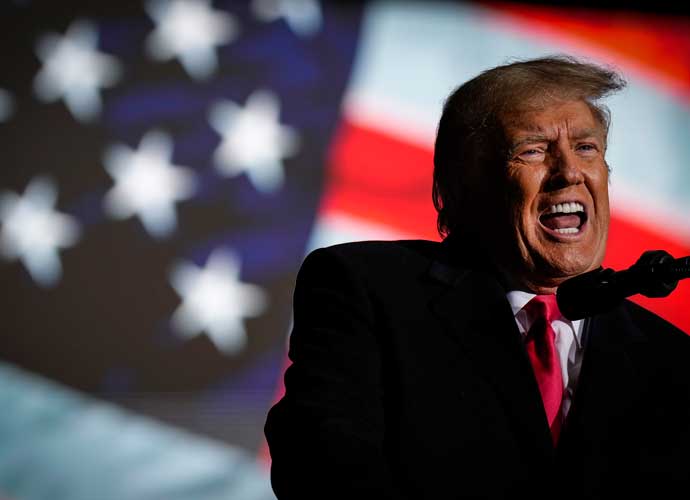Lawsuit Against Trump For Jan. 6 Incitement Can Move Forward, Rules Appeals Court
On Friday, a federal appeals court ruled that Donald Trump can face legal action for allegations of inciting violence on January 6, 2021.
This ruling rejected the former president’s claim of complete immunity against being held responsible for his inflammatory statements made before the Capitol attack.
The three-judge panel unanimously ruled that Trump’s actions as a presidential candidate would not be automatically safeguarded by “presidential immunity.”
This rejected Trump’s broad assertion that almost all speech and behavior by a sitting president should be protected from legal action, including lawsuits filed by members of Congress and injured police officers.
Subscribe to our free weekly newsletter!
A week of political news in your in-box.
We find the news you need to know, so you don't have to.
“When a first-term President opts to seek a second term, his campaign to win re-election is not an official presidential act,” Chief Judge Sri Srinivasan of the D.C. Circuit Court of Appeals said in his remarks.
The institution of the presidency does not have a preference for who will be the next occupant, and engaging in a campaign to secure that position is not an official duty of the presidency, the judges said in their ruling.
The appeals court has not completely ruled out the possibility for Trump to demonstrate that his actions were those of a president rather than a candidate seeking reelection.
Trump may appeal the decision at the Supreme Court.
Regardless, it is expected to have an impact on the ongoing federal criminal case against the former president for his attempts to undermine the 2020 election. Trump has maintained that he cannot be prosecuted in this case as his actions were part of his official duties.
Steven Cheung, a spokesperson for the Trump campaign, referred to the ruling as “procedural” and “narrow.”
The panel of the appeals court, including two judges appointed by Democrats and one by Trump, did not determine Trump’s legal liability in the numerous lawsuits filed against him and others regarding the events of January 6.
They affirmed the lower court judge’s ruling from last year, which rejected Trump’s initial attempt to dismiss the lawsuits.
The ruling is not a complete win for the plaintiffs, as the panel highlighted that their decision did not resolve complex issues, such as whether Trump’s 75-minute speech before the Capitol riot was protected under the First Amendment.
Get the most-revealing celebrity conversations with the uInterview podcast!






Leave a comment